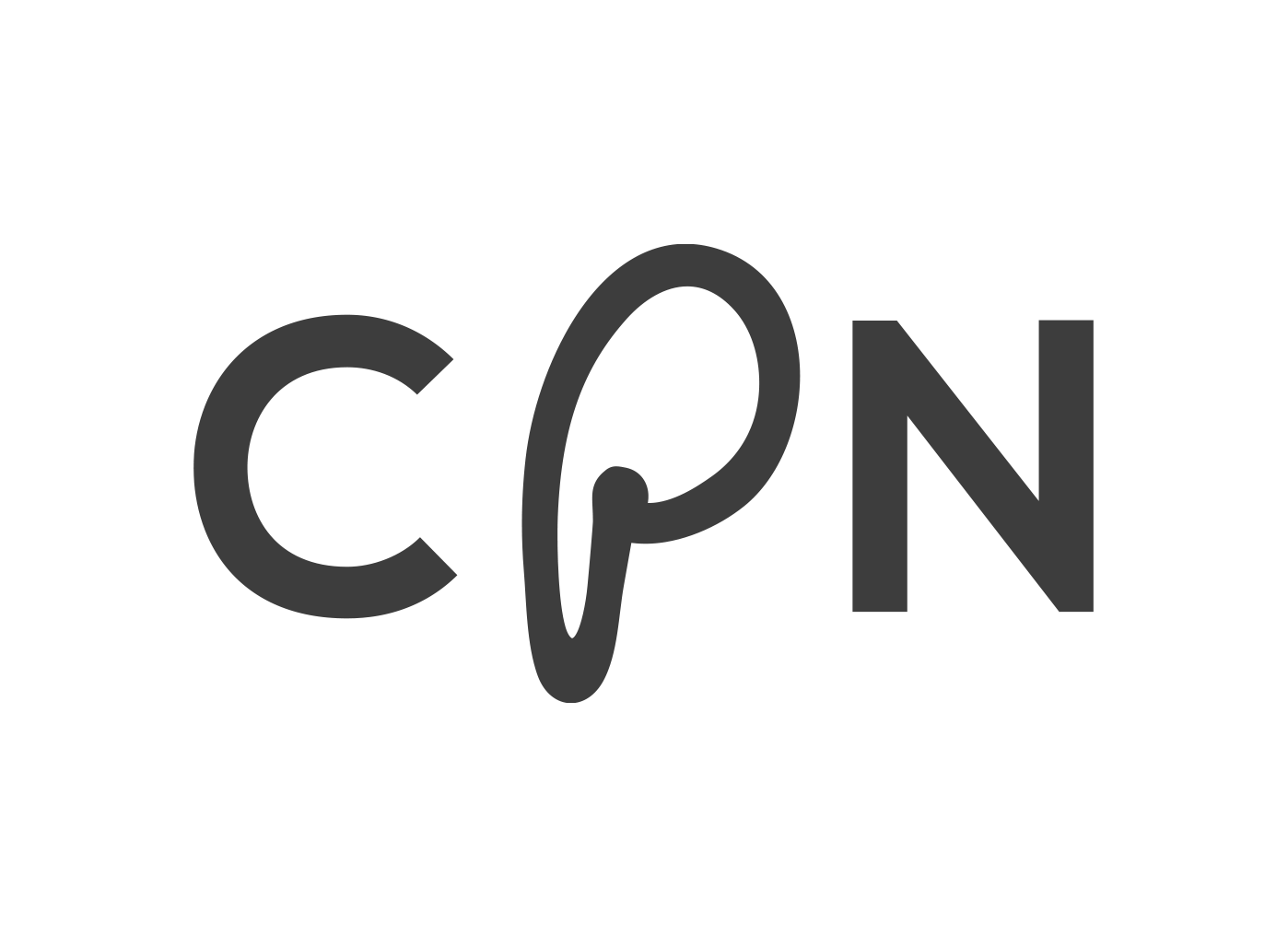Vendor Accounts That Build Your Business Credit: A Comprehensive Guide
- What are Net 30 accounts?
- How do vendor accounts help in building business credit?
- What is the application process for vendor accounts like?
- Why are Net 30 accounts beneficial for businesses?
- How do I ensure my business credit is reported to major bureaus?
- Can using multiple vendor accounts improve my ability to build business credit faster?
- Is it important to monitor and manage my business’s credit profiles?
Navigating the world of business credit can often feel like a complex puzzle, especially for new entrepreneurs seeking financing, financial flexibility, and relationships with banks for their businesses.
Establishing vendor accounts with companies that build your business credit is a strategic move that can set your enterprise on the path to financial health and access to better financing options from banks and businesses.
These vendor accounts not only demonstrate your company’s reliability to lenders but also help in managing cash flow more effectively, contributing to business financing, good business credit, and better credit scores as reflected in business credit reports.
By focusing on this approach, you prepare your businesses for future growth opportunities and strengthen its financial foundation, enhancing flexibility in financing and funding.
Understanding Net 30 Accounts
Payment Flexibility
Net 30 accounts, a form of trade credit, give you a 30-day period to pay for your purchases under these credit terms, similar to a credit line or business credit cards.
This flexibility in business financing allows you to manage cash flow more effectively through business accounts, credit scores, and trade credit accounts. Instead of paying immediately, you can use the funds elsewhere in your business during this time, leveraging trade credit as a form of financing to invest in other areas or products of your businesses.
With Net 30 accounts, it’s easier to plan your monthly expenses, enhance your business credit history, and facilitate business credit monitoring with the credit bureau for better financing options.
You know exactly when payments are due on your credit, financing, or business account, helping avoid unexpected financial strain and providing flexibility. This predictability is key for small businesses and startups.
Credit Building
Using Net 30 accounts for businesses is a great way to start building your business credit, offering flexibility in purchasing products and proving their worth. By paying on time, you demonstrate financial responsibility. Vendors report these timely payments to credit bureaus, improving your credit score.
A strong business credit score opens doors for future financing options for businesses, including account products and supplies. It helps businesses secure loans with lower interest rates and better terms for credit products and supplies.
Starting with vendor accounts that supply products for businesses and build your business credit is smart.
Building Business Credit with Vendor Accounts
Choose Wisely
Selecting the right business credit vendors is crucial. Look for those that report payments to credit bureaus. This step ensures your on-time payments enhance your business’s credit profile.
Vendor accounts, often known as trade credit accounts, are a good starting point for businesses to access products. They allow you to purchase now and pay later.
This flexibility can help businesses manage cash flow while building credit, account for expenses, and invest in products. Make sure these vendors report their businesses, products, and account activities to the major credit bureaus for maximum impact.
Payment Consistency
Consistent, on-time payments cannot be overstated in importance. They directly influence your business’s credit score positively.
Setting up automated payments can ensure you never miss a deadline. Remember, late or missed payments could harm your business credit score more than no payment history at all.
Diversify Credit
Diversifying the types of credit accounts strengthens your overall business credit profile. Consider mixing vendor accounts credits with other forms of business loans and business cards.
-
Business cards
-
Trade lines
-
Commercial account cards for businesses, these different types of credits show lenders and creditors that you can manage various forms of debt responsibly.
Application Process for Vendor Accounts
Documentation Prep
Gather your business documents and financial statements early. This step is crucial. You need these credit and account details for businesses to fill out the application form correctly. They show vendors your business is credible.
Having everything ready speeds up the approval process. It makes applying for multiple vendor accounts easier too.
Credit Requirements
Each vendor has different credit requirements. Understand these before you apply. This knowledge helps you choose the right vendors for your business, taking into account businesses and credit.
Some may ask for a personal guarantee. Be prepared to provide this if necessary.
Application Submission
Fill out the account application carefully. Include all required information about your business and its finances, taking into account businesses’ credit.
After submitting, the approval process begins. Vendors will review your application against their criteria.
Vendor accounts can significantly help businesses in building your business credit, as discussed earlier. By following these steps during the credit application process, businesses increase their chances of getting their account approved.
-
Prepare all necessary documentation in advance.
-
Understand each vendor’s specific credit requirements.
-
Be ready to offer a personal guarantee if it’s part of their conditions.
Successfully opening vendor accounts means access to essential products or services like office supplies or software without immediate payment upfront—allowing businesses more flexible cash flow management while also establishing a positive credit history with each timely invoice payment.
Benefits of Net 30 Accounts for Businesses
Boosts Liquidity
Net 30 accounts allow businesses to access goods and services on credit without immediate payment. This flexibility can significantly boost your business’s liquidity. You get the benefit of using these products or services to generate revenue for businesses before any cash outflow occurs on your credit account.
Having this kind of credit terms account enhances your ability to manage cash flow more efficiently for businesses.
It means you can allocate funds where they’re needed most, such as in growth opportunities or covering other operational costs, without being constrained by upfront payments, using business credit account.
Builds Trust
Using vendor accounts that build your business credit establishes a trustful relationship with suppliers. Over time, this trust translates into better terms and conditions for your business account credit purchases.
Suppliers are more likely to offer favorable credit terms to businesses they see as reliable partners with good account standing.
By consistently meeting the terms of your Net 30 accounts, you demonstrate financial responsibility and creditworthiness to your business partners.
This reliability can lead to negotiations for longer payment periods or lower prices on future orders, further improving your company’s financial health and credit account in the business.
Early Payment Benefits
Some suppliers offer discounts for early payments under Net 30 arrangements to business account holders with good credit. Paying before the due date can lead to significant savings on credit over time for your business.
These discounts improve your business bottom line and make the cost of goods sold less expensive, potentially increasing your credit.
Taking advantage of early payment options shows suppliers that you value their service and are a dependable customer, enhancing your business credit. This business practice not only saves money but also strengthens supplier relationships, potentially leading to more advantageous credit deals in the future.
Reporting Business Credit to Major Bureaus
Vendor Selection
Selecting the right vendors for business credit vendor accounts is crucial. They must report to major business credit bureaus like Dun & Bradstreet, Experian, or Equifax. This ensures your business activities enhance your credit profile.
Not all vendors report to these bureaus. It’s important to choose those that do. This will help build a strong business credit history.
Payment Behavior
Your payment behavior significantly impacts your business credit scores. Different bureaus have unique scoring models. Understanding these can guide how you manage payments.
Late payments can harm your business credit score more with some bureaus than others. Always aim for on-time payments to maintain a positive credit and business rating across all platforms.
Regular Checks
It’s essential to regularly check which credit reporting business agencies receive your account activity updates. Changes in reporting practices can affect your business credit report without notice.
You should also review your own business reports frequently for errors or omissions that could impact your financial tradeline and overall credit history.
Strategies for Maximizing Business Credit Building
Choose Wisely
Select vendors that report to credit bureaus. This action is crucial in business credit building. Not all vendors help build your business credit history. Find those who do.
By choosing these vendors, you ensure your on-time credit payments get noticed for your business. This helps in building a good credit score quickly.
Use Credit Smartly
Keep your spending under 30% of the available limit. It shows you are financially responsible. This practice improves your business creditworthiness and attracts better financing options.
Increasing business transaction frequency with timely repayments also boosts your credit score. Make regular credit purchases for your business and pay them off on time or early if possible.
Benefits Unlocked
Using vendor accounts wisely has several benefits:
-
Improved financial flexibility
-
Easier access to funding
-
Enhanced reputation among lenders These advantages come from maintaining a strong business credit profile.
Monitoring and Managing Business Credit Profiles
Review Reports
Regularly checking your business credit reports is crucial. This helps you spot any inaccuracies in your credit or business that could hurt your score. A mistake on your report can be costly.
You should dispute errors immediately. Doing so protects your credit profile from damage. Quick action ensures accuracy in your records.
Track Changes
Observing changes in your credit scores over time is essential for understanding financial health. It gives insight into how lenders view your business’s credit reliability.
A fluctuating score might indicate business issues needing attention, such as late payments or high credit utilization. Keeping an eye on these shifts helps you make informed decisions about managing business debt and credit expenses.
Exploring Additional Vendors Beyond Net 30 Accounts
Trade Lines
Trade lines offer a way to expand your business credit options. By using these credit options, you can access new business funding options with extended repayment terms. This flexibility helps manage cash flow better.
For example, an industrial supply company might provide credit trade lines that suit your business needs. Such business vendors often allow for late payment without immediate penalties, offering credit. This can be crucial for managing unexpected expenses or delays in customer payments in your business credit.
Office Supplies
Office supply stores are essential for everyday operations. They often offer credit accounts with beneficial payment terms for new businesses.
Consider setting up accounts with office supplies companies. These can help build your business credit while ensuring you have the necessary supplies to operate efficiently. Payment terms may vary, but they typically offer a degree of flexibility not found in traditional business loan agreements or credit arrangements.
Fuel Cards
Fuel cards are another excellent option for building business credit. They’re especially useful if your business operations involve significant travel or transportation logistics and leveraging credit.
By utilizing fuel cards from vendors offering extended repayment terms and credit options, you ensure constant operational capability for your business without straining your cash reserves too much at once.
Some fuel card programs include rewards or discounts for businesses, providing extra value beyond just the convenience and credit-building potential.
Final Remarks
Navigating the landscape of vendor accounts that build your business credit requires understanding and strategic action. From grasping Net 30 accounts to exploring additional vendors, you’ve gained insights into establishing and enhancing your business credit profile.
The journey involves not just application but diligent monitoring, management, and the pursuit of credit opportunities that align with your business goals. This approach not only strengthens your business creditworthiness but also opens doors to better financial terms and growth prospects.
Take this knowledge forward. Actively apply these strategies to build a robust business credit profile. Remember, consistent effort in managing vendor accounts and leveraging them for your business’s advantage, including credit management, is key to unlocking greater financial opportunities.
Start today, and watch your business credit flourish.
Frequently Asked Questions
Q1. What are Net 30 accounts?
Ans. Net 30 credit accounts allow businesses to buy now and pay the invoice in full within 30 days. They’re often used to build business credit when vendors report payments to credit bureaus.
Q2. How do vendor accounts help in building business credit?
Ans. Vendor accounts that report timely payments to major credit bureaus can significantly improve a business’s credit profile, making it easier to qualify for loans and better payment terms.
Q3. What is the application process for vendor accounts like?
Ans. The application process typically involves providing your credit and business information, including tax ID and D-U-N-S number, and may require a personal guarantee depending on the vendor’s requirements.
Q4. Why are Net 30 accounts beneficial for businesses?
Ans. Net 30 accounts offer businesses flexibility by allowing them more time to pay off credit purchases without interest. This helps manage cash flow while also building a positive credit payment history if reported, benefiting the business.
Q5. How do I ensure my business credit, including financial tradeline and commercial account card customer payment history, is reported to major bureaus for established businesses?
Ans. To ensure your business activities are reported, choose vendors that explicitly state they report payments to major credit bureaus. It’s vital you confirm this before opening a credit or business account or making transactions.
Q6. Can using multiple vendor accounts, as financial tradelines for small businesses, improve my ability to build business credit faster through better financial flexibility and tracking customer payment history?
Ans. Yes, diversifying your trade references through multiple reporting vendors can accelerate the development of a robust business credit profile by demonstrating consistent payment behavior across different types of credits.
Q7. Is it important to monitor and manage my business’s credit profiles, including monitoring commercial account card activities, to ensure financial flexibility and better financing options?
Ans. Absolutely. Regularly monitoring your company’s credit reports allows you to verify accuracy, spot potential fraud early, and understand how financial decisions affect your scores—key steps in maintaining healthy finances.











